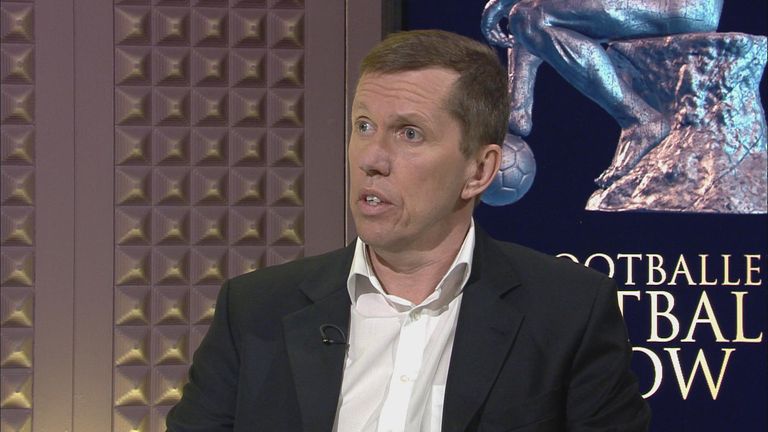The Sporting Chance Clinic is being embraced by footballers who want to exorcise their addictions.
That's the view of the charity's CEO Colin Bland, who told The Footballers' Football Show that 2012 yielded record numbers of people with drink, drugs, gambling and other issues seeking help.
The Sporting Chance Clinic was set-up in 2000 by former Arsenal defender Tony Adams, who himself battled alcoholism, and has since treated myriad demon-afflicted footballers and sports stars, allowing them to get their lives back on track.
Bland says the four-week programmes that the organisation puts on have been well attended, but thinks that too many sufferers are still reluctant to ask for assistance.
"Sporting Chance is bigger than just the residential unit, but last year we had more requests for support than we have ever had previous years," said Bland.
"And once all the treatment episodes - where we take four players for 26 days - were full, we ran additional treatment episodes to make sure we fulfilled the need.
"It could well be that education has improved, people are now more aware of how to step forward and the pathways to treatment are becoming better.
"It might be that, rather than the problem being worse than it was 10 years ago, but I would suggest that a lot of people out there are still not asking for help."
Therapy
Former Cardiff winger Christian Roberts spent time in the Sporting Chance Clinic after admitting to battling with alcoholism, a fight he detailed in his book, Life is a Game of Inches.
The Welshman, who explained that writing about his dark times helped him on the road to recovery, thinks football clubs now have a far better understanding of the vices that can affect players, but says more must be done to help those in peril.
"I now feel comfortable in how I work as a human being and writing my book was therapy for me as it cleared [my mind]," said Roberts, who also represented Exeter, Bristol City and Swindon as a player.
"It allowed me to try and help people to understand that you are allowed to have problems and there is help out there.
"And my belief was that if I helped one person and everyone else did the same the numbers [of people recovering from addictions] would go up.
"I definitely think education-wise that clubs are improving and people are now able to grab the information they need - but we need to make information available for everyone in the industry and let people know that a man can have different emotions."




